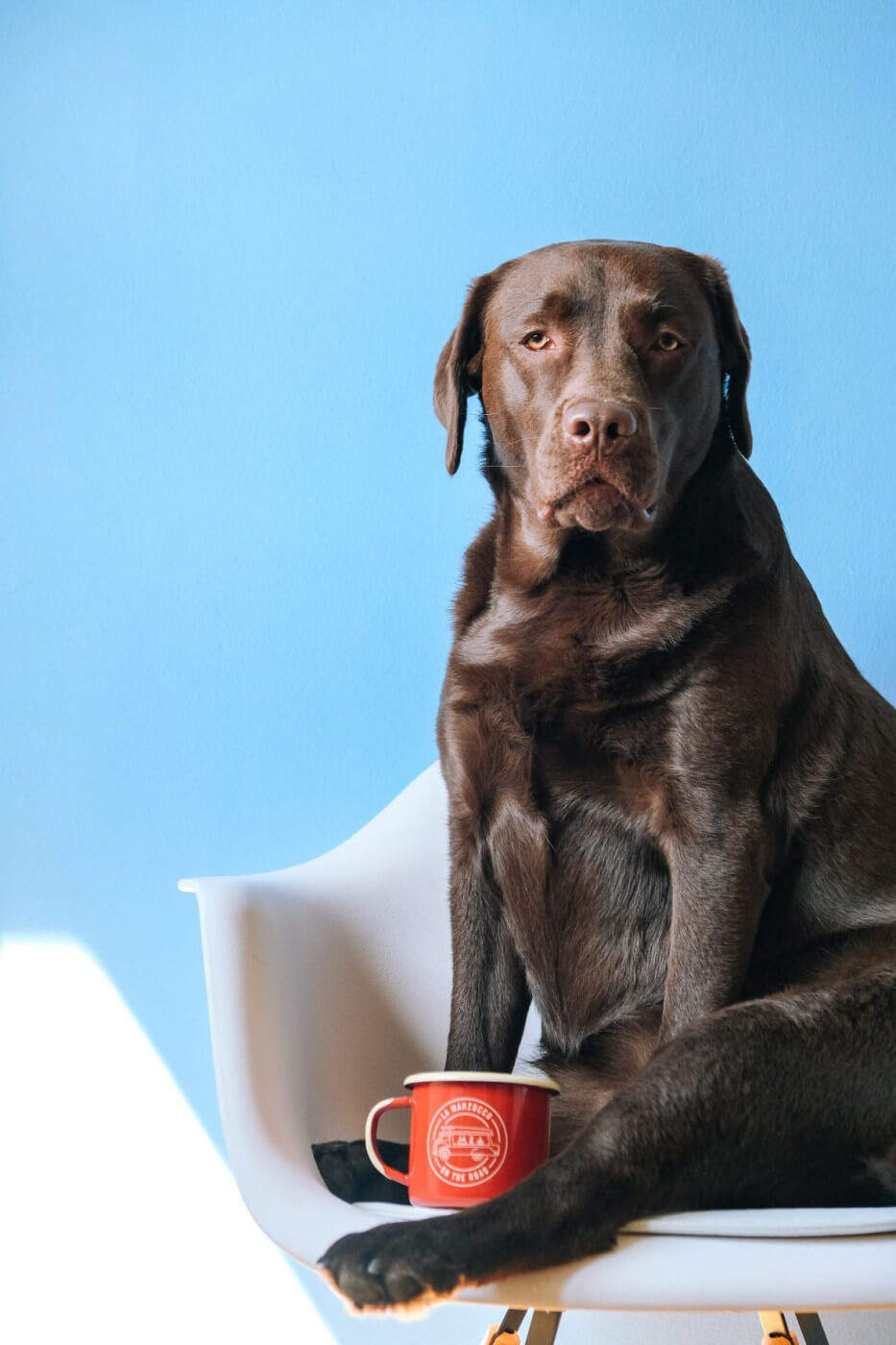No Products in the Cart
FREE DELIVERY on orders over £50

Have a dog over 7 years old? - They qualify for FREE membership to our Senior Dog Club
|

Have a dog over 7 years old? - They qualify for FREE membership to our Senior Dog Club

October 3rd, 2022
Being overweight at any age can cause health problems, but it is especially problematic when your dog is older.
We might think that now they are in their twilight years they deserve to eat what they like and overindulge, but sadly in many cases being overweight means your dog is in more pain.
It can be difficult to determine if your dog is overweight when you see them day in and day out, but many veterinary practices run free weight clinics where you can get advice and weigh your dog regularly.
It can also be hard to admit that your dog is overweight but the good news is that you have the ability to help your dog lose weight, be happier and live longer! Studies show that a dog’s quality of life improves after losing weight[i]
These guidelines may help you assess if your dog is overweight.
Your dog is probably overweight if:
1. You can’t easily feel their ribs
2. They don’t have a visible waist when viewed from above or the side (they should have an obvious abdominal tuck after the ribcage)
3. You can’t easily feel their spine
4. They have rolls of fat around their neck
5. The have a fat pad on their hips at the base of their tail
6. They have a saggy tummy
Overweight dogs may also pant more and be reluctant to play or go for walks.
Don’t be embarrassed in asking for help if you feel your dog is overweight. It’s never too late to start making some changes and a good vet, vet nurse and pet nutritionist will support and advise you without being judgemental.
In the meantime here are some of the things you can do to help, and they might even save you money!
1. Change to a low-fat dog food, such as a senior diet or diet for weight control
2. Find out from your vet, vet nurse or pet nutritionist how much your dog should weigh. You need to know their target/ideal weight.
3. Feed the recommended amount of food for your dog’s ideal/target weight not the weight they are now.
4. Ensure you weigh out the food on measuring scales – measuring cups can overestimate how much to feed by up to 80%!
5. Cut out treats, tit-bits, chews and left overs. Only keep in the items that your vet nurse or nutritionist has calculated for (which should be about 10% of the total daily calories).
If you would like any help selecting the right diet, or calculating how much your much your dog should eat to lose weight please do get in touch! contact@vetskitchen.co.uk 01793 887 555
[i] German, A.J., Holden, S.L., Wiseman-Orr, M.L., Reid, J., Nolan, A.M., Biourge, V., Morris, P.J. & Scott, E.M. 2012, "Quality of life is reduced in obese dogs but improves after successful weight loss", The veterinary journal (1997), vol. 192, no. 3, pp. 428-434.
Header photo by Michael on Unsplash
Chocolate Lab photo by Lucrezia Carnelos on Unsplash
What our customers say
Read our reviewsDelivered to your door
FREE DELIVERY on orders over £50What’s in our food?
Find out more about recipes and ingredientsVet Know-how
Read our helpful expert tips





